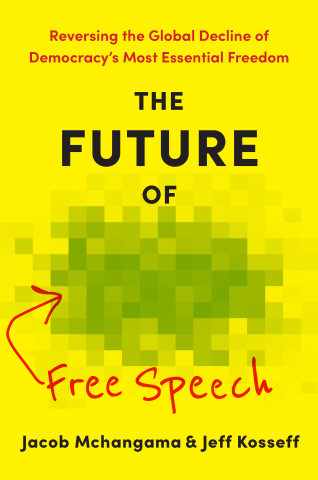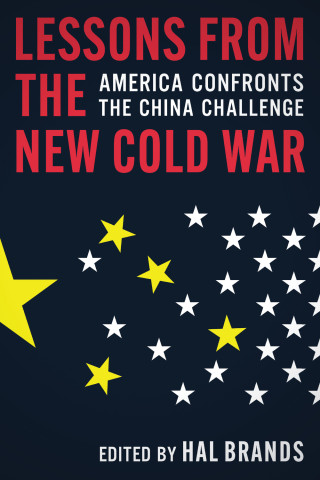
Reviews
In spite of widely held contentions, anti-Americanism is not as deepseeded as some pundits would have their audiences believe, the author argues... The respect of American ideals hinges on more than how America acts. The way those actions are framed and portrayed are of equal importance. Chiozza is convinced that the persistence of anti-Americanism is here to stay, albeit in various forms and to various degrees.
The work establishes Chiozza as a pioneering empirical analyst of anti-Americanism. Future work on this subject will benefit from the substantial empirical contribution offered in this fine book.
A major contribution to the study of both public opinion and foreign policy analysis. A tour de force in comparison to others in the field. It is the only book that methodically probes the sources rather than just the manifestations of anti-Americanism.
Book Details
List of Tables
List of Figures
Acknowledgments
Part I: Themes and Theory
1. Overview
Introduction
The Central Argument
Attitudes towards the United States
A Historical Overview
Roadmap of This Book
2. Two
List of Tables
List of Figures
Acknowledgments
Part I: Themes and Theory
1. Overview
Introduction
The Central Argument
Attitudes towards the United States
A Historical Overview
Roadmap of This Book
2. Two Theories on Anti-Americanism
Introduction
Measuring Anti-Americanism
The Popular Basis of Anti-American Sentiment
Two Views on Anti-Americanism
The Soft Power Thesis
Conclusions
Part II: Features
3. Patterns of Anti-Americanism
Introduction
Dimensions of Anti-Americanism
The Multifaceted Opinions about the United States
Are People Just Trying to Be Polite?
Conclusions
4. Testing the Soft Power Thesis
Introduction
Description of the Data
Finding the Patterns of Anti-Americanism
Policy, Polity, and Soft Power
Conclusions
Part III: Sources
5. Profiles of Anti-American Opinion
Introduction
Profiles of Respondents
Four Hypotheses
The Empirical Tests
The Findings
Conclusions
6. The Sources of the Policy and Polity Frames
Introduction
Individual-level Determinants of Anti-Americanism
Country-level Determinants of Anti-Americanism
Findings on Respondents' Identities
Findings on Country Factors
Conclusions
Part IV: Persistence
7. Anti-Americanism beyond 2002
Introduction
The Image of America in Times of Crisis
Assessing the Persistence of Anti-Americanism
Five Mechanisms
Conclusions
8. An Evaluations of the Persistence of Anti-Americanism
Introduction
Empirical Findings
Will Anti-Americanism Persist?
Conclusions
9. Conclusions
Notes
References
Index





